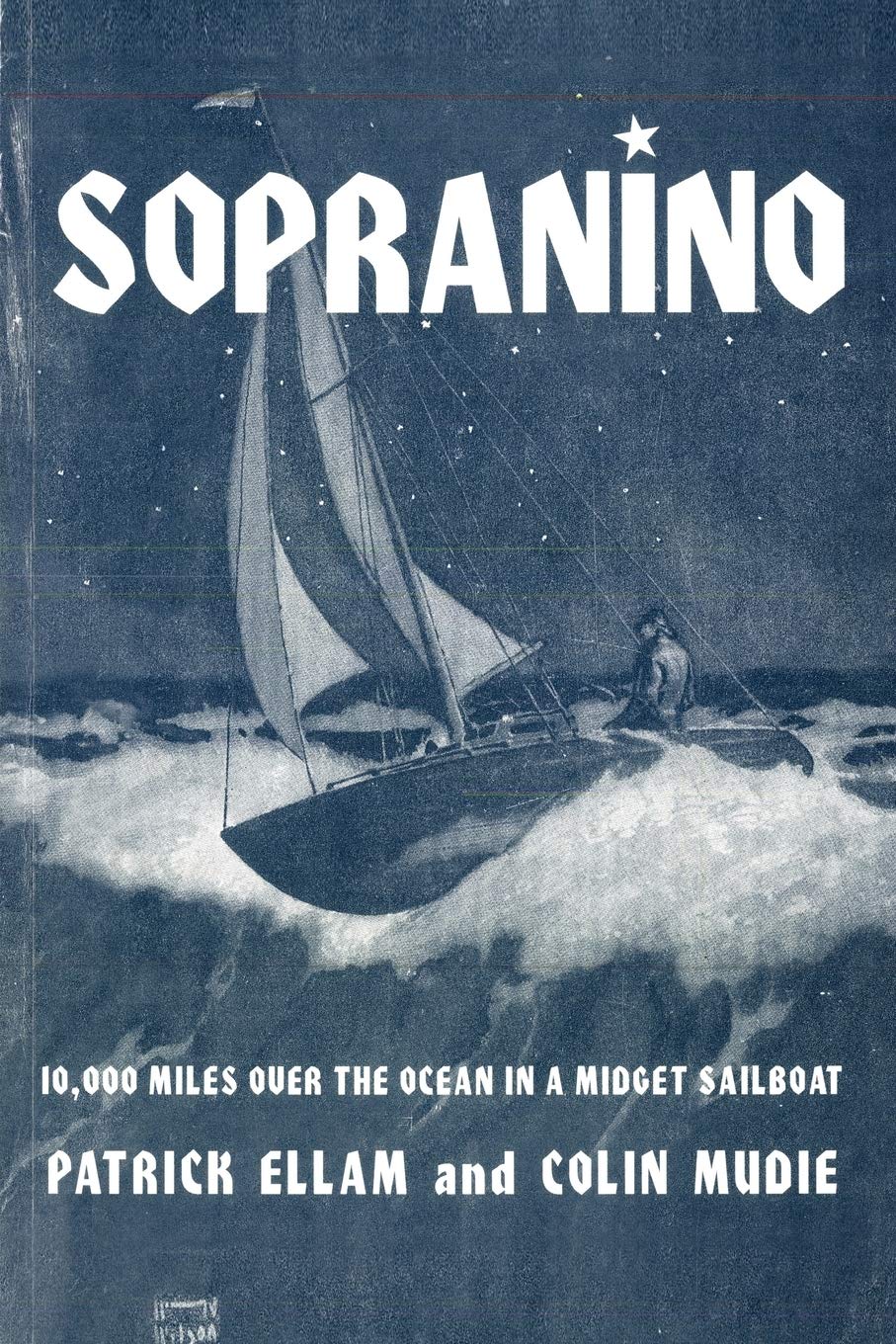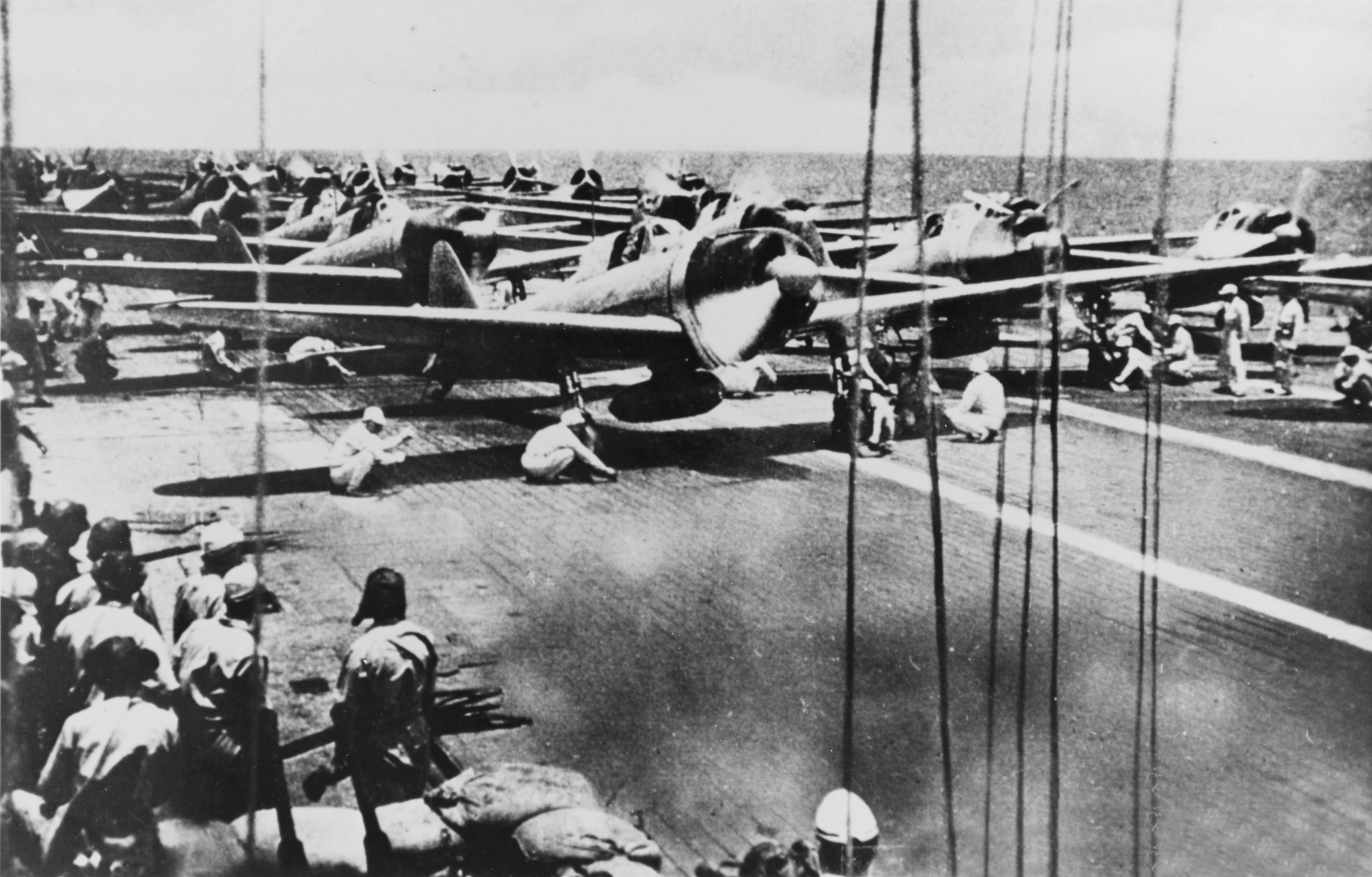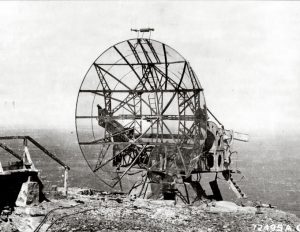
Happy Valentines Day. Will you be my Valentine? That itself is metaphor, and you can read about the actual Saint(s) Valentine here. Warning: you will find a severed head in that box of chocolates.
Out of curiosity, and a desire for a week to avoid writing about academic language, I decided to have a bit of fun with love-song metaphors. I ate a lot of saccharine (another metaphor) to give you folks the most overused figures of speech for love and lovers out there.
They say the world is full of silly love songs. So what’s wrong with that? I need to know. I pick on Boomer-Generation artists here, mostly. I don’t listen to formulaic contemporary pop, preferring Americana, indie rock, or old punk and glam. The other type of music I like, electronica, has no words so no metaphors can be found.
Love-and-lover metaphors from Country and Western music (those two types of music played at Bob’s Country Bunker in The Blues Brothers) merit an entire post. I’ll be walking the floor and walking the line over that subject in a year.
Love as controlled substance, and more: Maybe you have been drunk with love, but if you listen to Bryan Ferry, pictured up top, you will find a number of rather disturbing metaphors. The decidedly louche crooner remains one of my favorite musicians, but really. In Ferry’s lyrics, one can be a slave to love, and love is the drug, of course, prescribed and dispensed by his and David Stewart’s “Goddess of Love.”
Come to think of it, a person can have a “bad case of loving you,” and the Doctor of Love can “give you the pill.” That’s right, kids, just call Doctor Love. He is not a mental-health professional, clearly. When Bryan Ferry cries out “love me madly,” there is no cure. That makes sense, if you’ve known someone made insane by love.
Now we are really off to the races (the heart races, naturally) in an open car with Love, who is a stranger, after all. Love hurts, love binds, love wounds, love shines, love is painful (it really hurts a lot) until love is lost. Up to that sad point, one becomes a prisoner of love or a victim of love because love is a battlefield. If you survive, you are singed, because love is like a flame. It burns you when it’s hot.
Love birds provide a gentler metaphor where two hearts beat as one. But wait, we have a bunch more hearts to deal with here. Deep in your heart of gold (Neil Young is still searching for one) you may find a change of heart, and that brings us to all the following metaphors for the embers of love’s once-bright flames, as love grows cold.
Broken Hearts, Etc: I will give Janis Joplin a break because 1) She’s dead and 2) “Piece of My Heart” remains such a great song. Yet the end of a loving relationship, when “you’ve lost that loving feeling,” spawns its own series of cliches (remember: all cliches once were fresh). Love can make one heartsick, or hearts can be stepped on. It’s a matter of the heart, you know, so stop dragging my heart around. A cold-hearted lover may have a heart of stone. Hearts can be given away and not returned.
Maybe that is why Warren Zevon, who has more than earned a place in the Rock and Roll Hall of Fame, goes out “searching for a heart,” one of his finest songs that somehow makes an old subject sound new, as he moves from a tired cliche to some interesting similes, noting “They say love conquers all / You can’t start it like a car / You can’t stop it with a gun.” I suppose in time those similes might become cliched, too. Or maybe not. Zevon and R.E.M. teamed up as The Hindu Love Gods for a single release, and I don’t see anyone imitating the work from that one-off experiment.
Love Light: I saved the most overused for last. We’ve all seen it, in the eyes of our intended.
Just. Find. A. Fresh. Metaphor. People. We need more than this, Bryan Ferry!
Help me shine a light on interesting words and metaphors by leaving a comment below, or by e-mail at jessid-at-richmond-dot-edu.
See all of our Metaphors of the Month here and Words of the Week here.
 Today I told my class that while I’ve been called “bumptious” (irritating and conceited, and a former word of the week) I’ve never been called a Pollyanna.
Today I told my class that while I’ve been called “bumptious” (irritating and conceited, and a former word of the week) I’ve never been called a Pollyanna.







